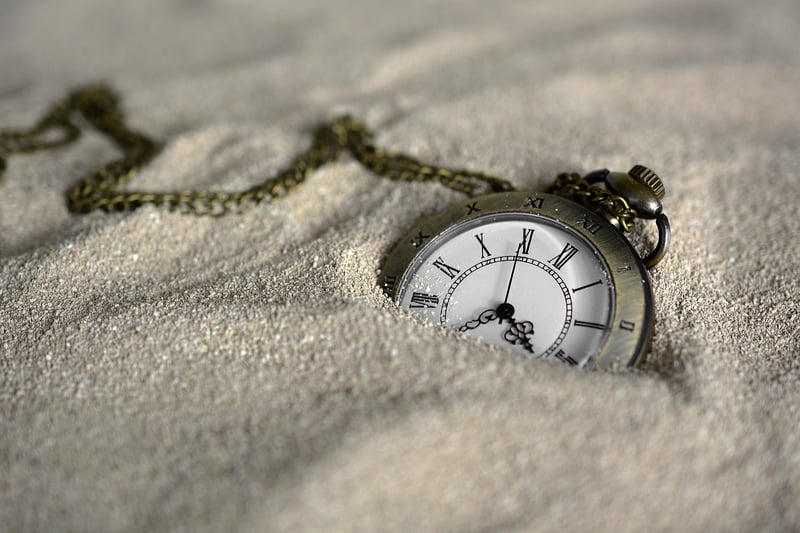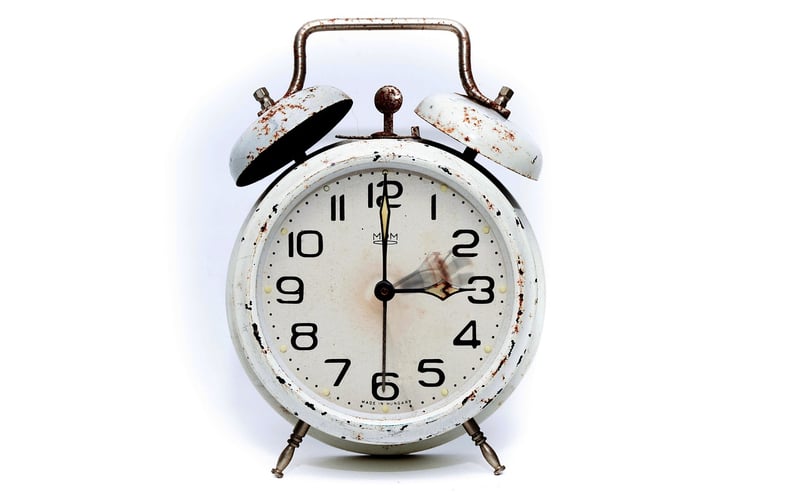Scientific Time Theories
Literature on Time Journeys and Scientific Time Theories
Exploring Time Travel in Literature
Time travel has been a fascinating concept in literature for centuries, capturing the imagination of readers with its endless possibilities and thought-provoking scenarios. From classic novels to modern science fiction, writers have used time travel as a narrative device to explore themes of regret, destiny, and the nature of reality.
One of the most famous examples of time travel in literature is H.G. Wells' "The Time Machine," published in 1895. This novella follows the story of an inventor who creates a machine that allows him to travel through time, witnessing the future evolution of humanity.
Another well-known work is Madeleine L'Engle's "A Wrinkle in Time," a beloved children's novel that blends science fiction with fantasy to tell the story of a young girl who travels through space and time to rescue her father.
Scientific Time Theories
While time travel remains a concept of fiction, scientists and physicists have delved into the nature of time itself, leading to fascinating theories that challenge our understanding of the universe.
1. Theory of Relativity
Albert Einstein's Theory of Relativity, proposed in the early 20th century, revolutionized our understanding of time and space. According to this theory, time is not a constant but can be influenced by gravity and speed. The famous equation E=mc^2 demonstrates the relationship between energy, mass, and the speed of light.
2. Wormholes and Black Holes
Some theoretical physicists suggest that wormholes, hypothetical tunnels in spacetime, could potentially allow for shortcuts through space and time. Black holes, with their intense gravitational pull, also raise questions about the warping of spacetime and the possibility of time dilation.
3. Multiverse Theory
The Multiverse Theory proposes the existence of parallel universes where different versions of reality coexist. In this framework, time travel could involve moving between these alternate realities, each with its unique timeline and events.
Conclusion
Whether through the pages of a novel or the equations of a physicist, the concept of time travel continues to captivate our imagination and push the boundaries of what we perceive as possible. Exploring literature on time journeys and scientific time theories opens up a world of wonder and contemplation, inviting us to ponder the mysteries of time and existence.


